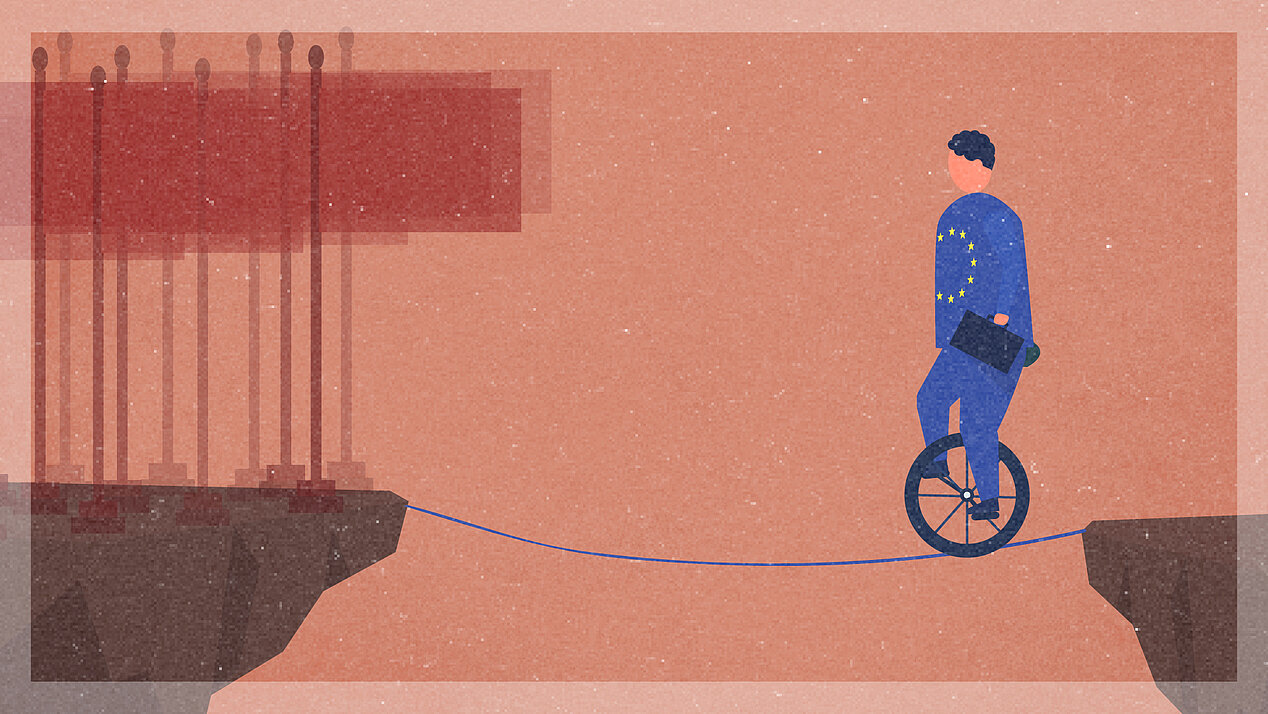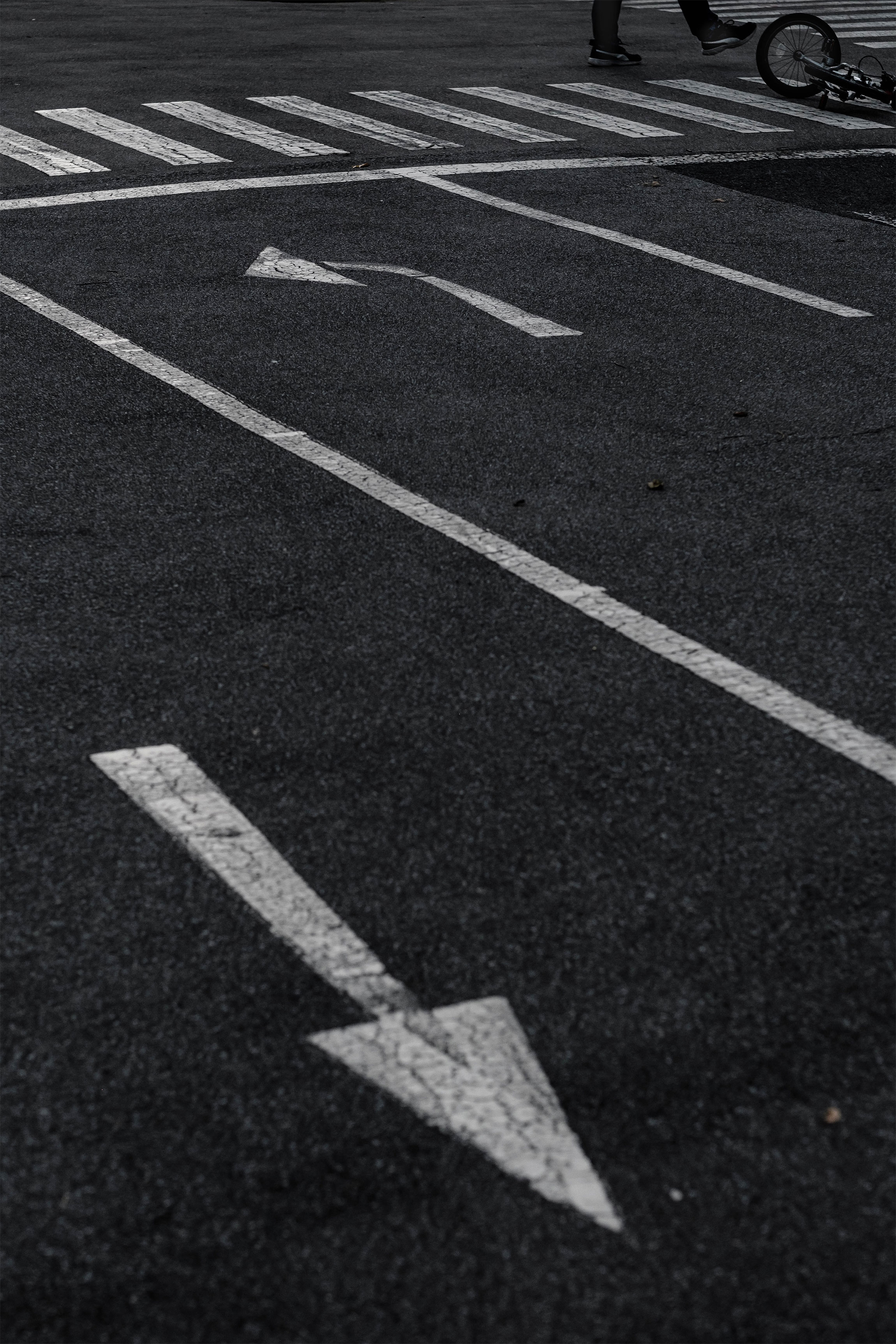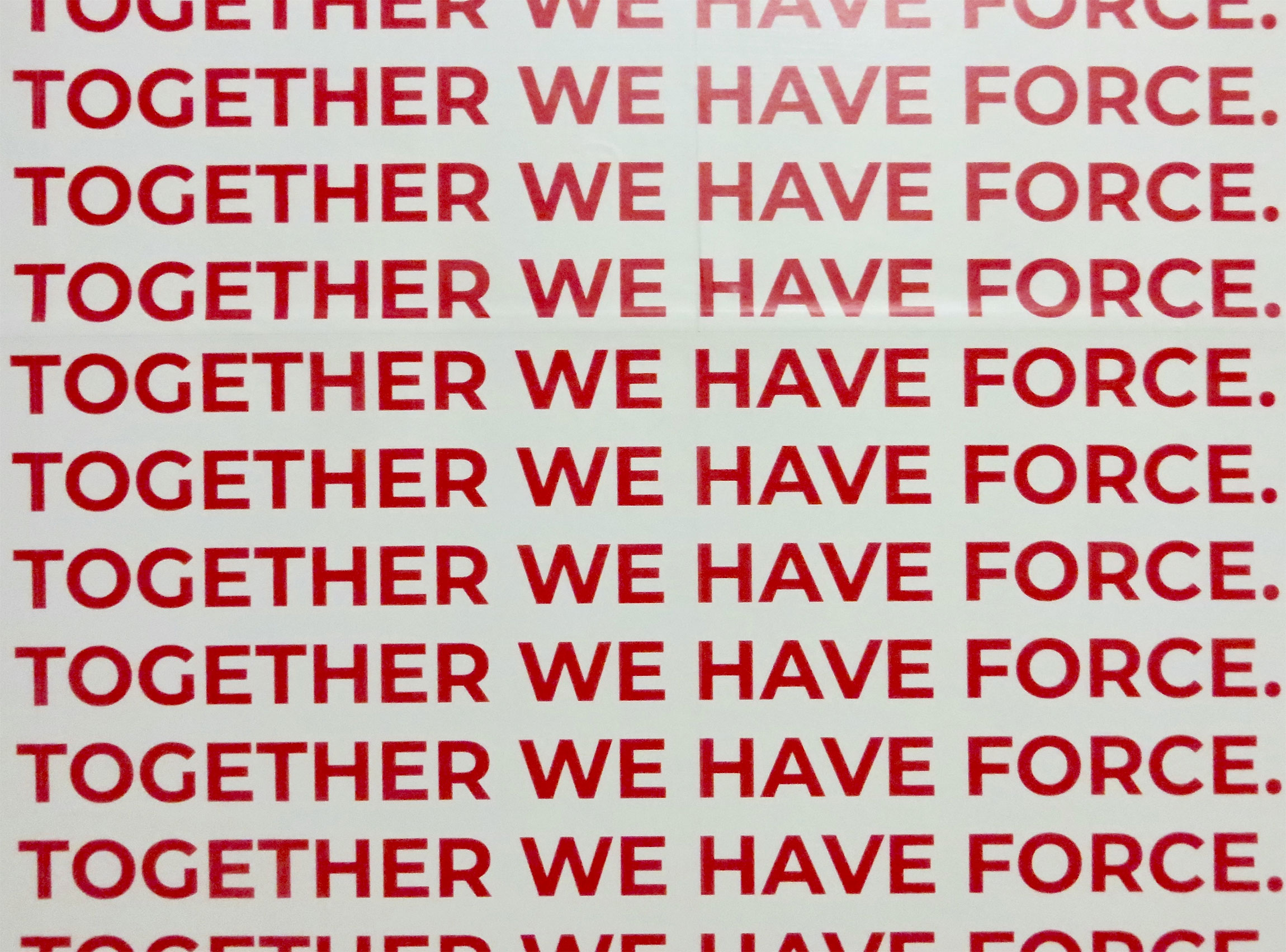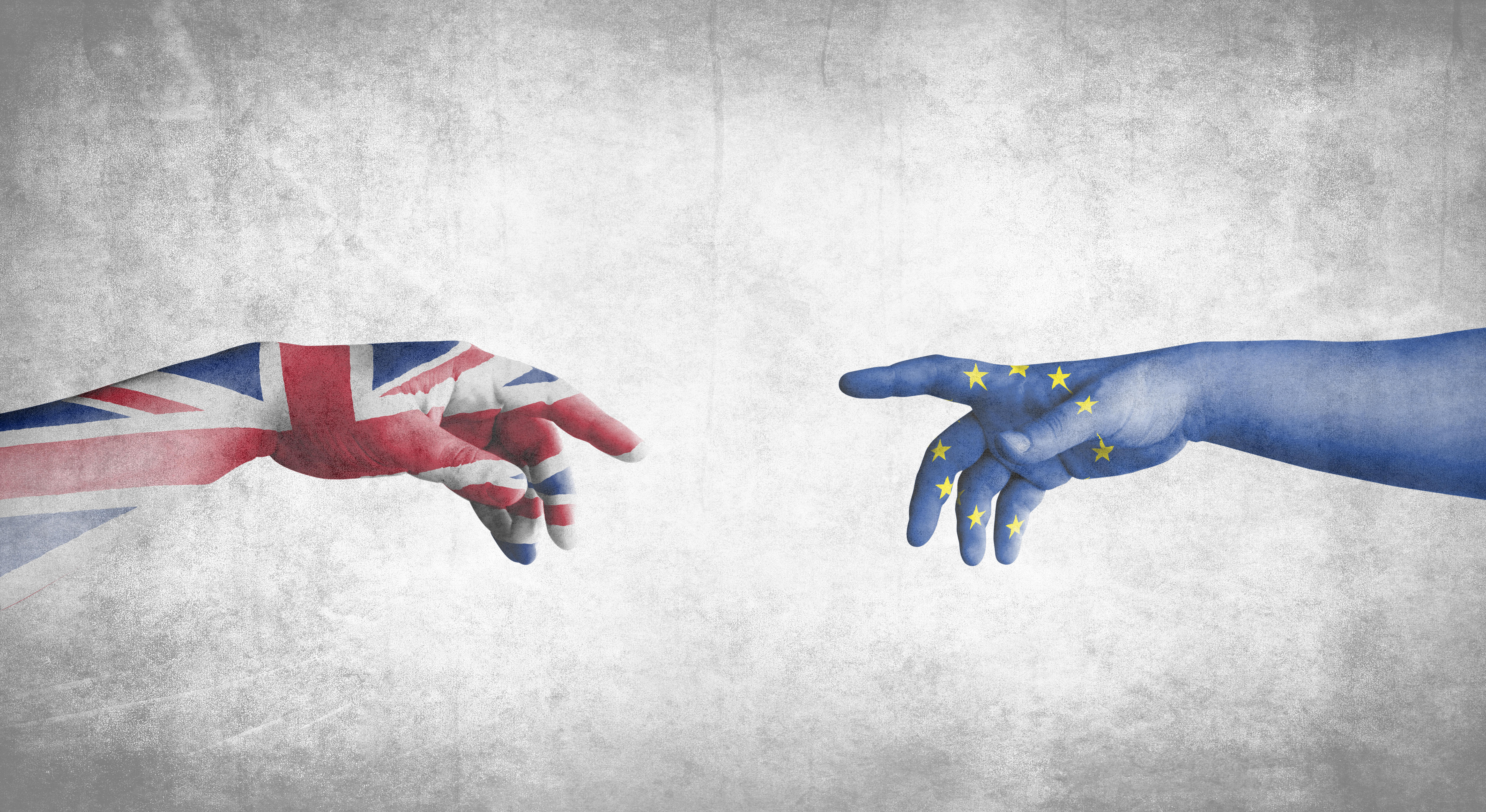America's Change of Direction
The third major development is America’s change of direction. Its largely unsuccessful interventions in Afghanistan and Iraq have dented America’s readiness to deploy force as an instrument of statecraft. America’s willingness to act as guardian of the international trading regime has also waned, even among Democrats: as Presidential candidate, Hillary Clinton withdrew her support for the Trans-Pacific Partnership. But prior to Donald Trump’s election, leading Democrats and Republicans remained by and large committed to America’s post-1945 role as leader of the ‘free world’.
Trump broke with this tradition. As President, Trump has described NATO as “obsolete” (a remark he retracted), and the EU as a “foe” (a remark that still stands). He has praised dictators and scorned allies, including Canada, Germany and the UK. Trump imposed tariffs on steel and aluminium from Canada and Europe, ostensibly for reasons of security, which have now been reversed by the Biden administration. He ended America’s participation in the 2015 Paris Agreement to mitigate climate change but the new American government is committing itself again.
President Trump abrogated the 2015 nuclear agreement with Iran (President Biden is willing to continue negotiations) and has recently announced to withdraw from the INF nuclear arms control agreement with Russia. Washington has cut off funding to the United Nations Reliefand Works Agency (UNRWA) which provides humanitarian aid to Palestinians. The US has left UNESCO. It has stopped cooperating with UN Special Rapporteurs whose global mandate includes possible human rights infringements in the USA.
With Russia stirring up trouble, China rising, and America possibly unreliable as a guarantor of the liberal world order, how should Europeans respond?
For 70 years, principles and values helped hold the Atlantic Alliance, the World Trade Organisation, and other pillars of the international order together. This era, it seems, is now closing. With Russia stirring up trouble, China rising, and America possibly unreliable as a guarantor of the liberal world order, how should Europeans respond?
Two world wars and decolonisation put an end to Europe’s position as the geopolitical centre of the world. With the end of the Cold War and the collapse of the Soviet-Union, Europe also lost its place at the centre of US foreign policy.
This process is set to continue. As other global and regional power centres emerge, Europe’s relative position will inevitably erode. For a start, Europe’s share of the world population will decline. In 2015 the EU counted 509 million inhabitants, some 6.9 percent of the world’s total. China (1.4 billion) and India (1.4 billion) together accounted for 35 percent of the global population. As other parts of the world grow, China’s share is projected to fall from 18.9 percent to 12.0 percent in 2050, while India’s share is expected to fall from 17.7 percent to 16.1 percent.









